The Massachusetts Institute of Technology just made headlines by removing DEI statements from its faculty hiring process.
This marks a significant shift at one of the top universities, setting a new precedent in academic hiring practices.
A Decision Supported by the Top
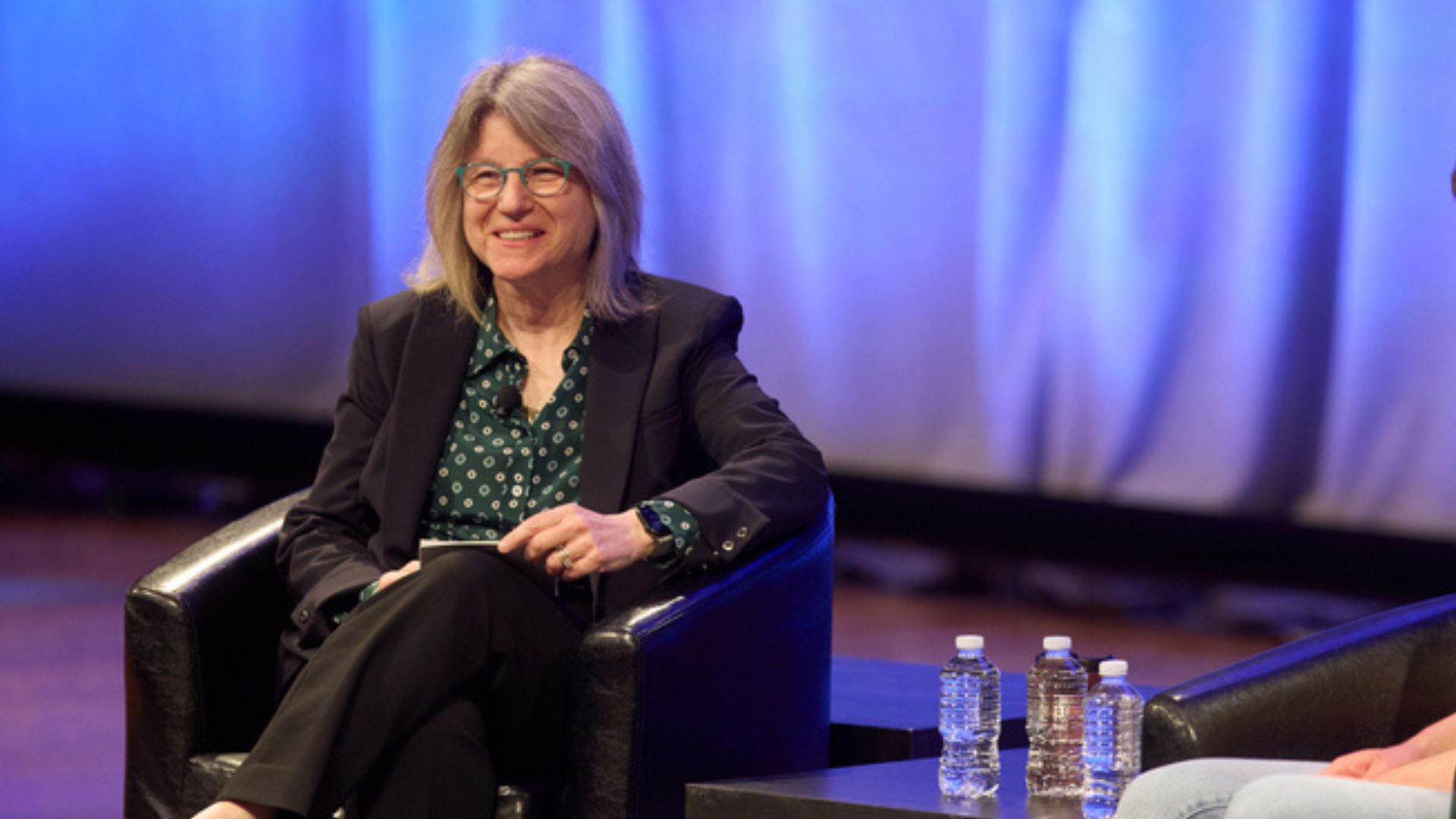
The change wasn’t a solo effort. MIT’s President, along with the Provost, Chancellor, and all six academic deans, backed the removal.
Their united front highlights a significant agreement at the institutional level on this issue.
The Reason Behind the Removal
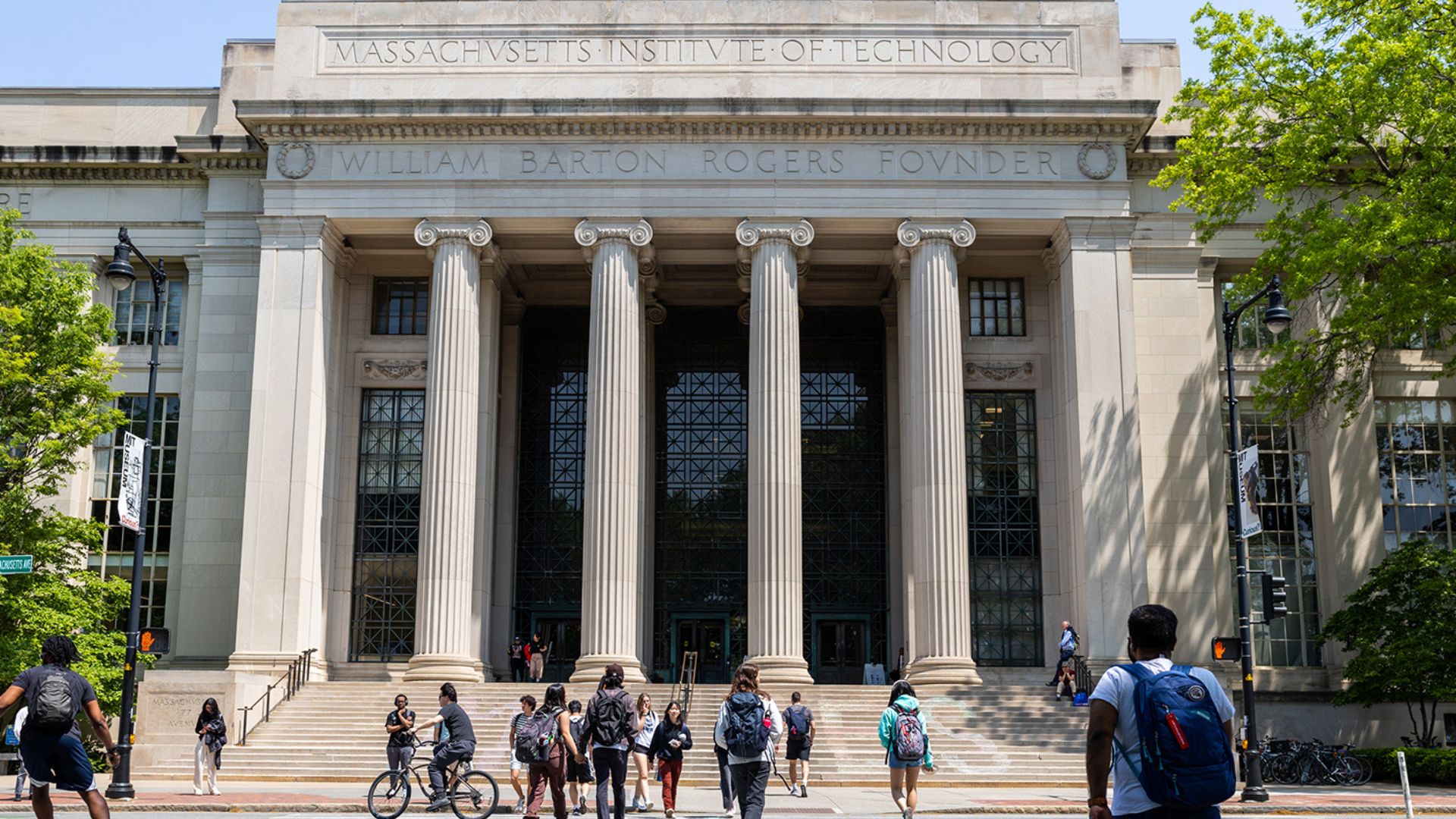
Why did MIT drop the DEI requirement? According to a university spokesperson, the decision was all about enhancing freedom of expression and effectiveness in their hiring process.
“Requests for a statement on diversity will no longer be part of applications for any faculty positions at MIT,” said the spokesperson.
The President’s Perspective
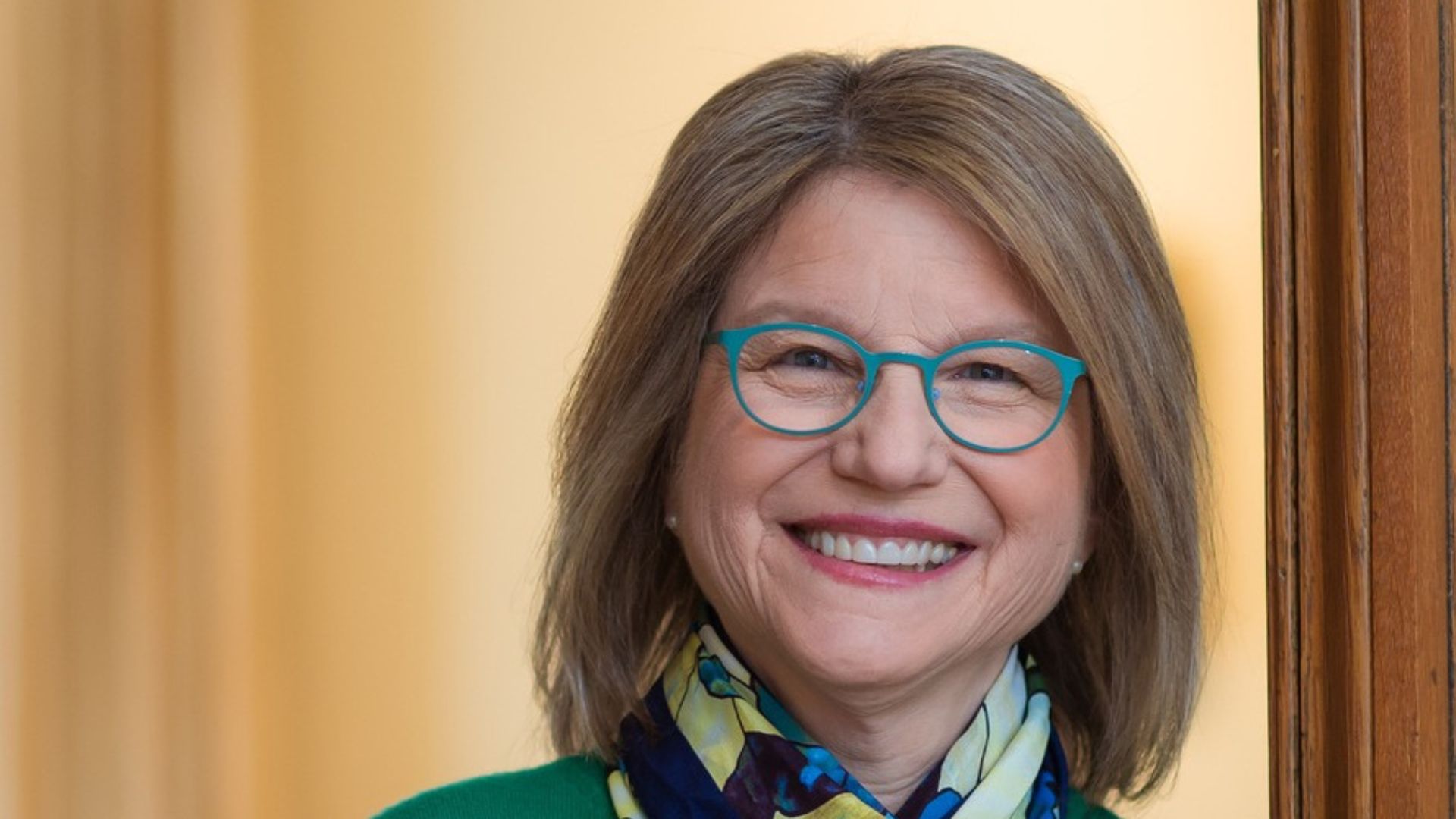
MIT President Sally Kornbluth shared her thoughts, emphasizing a different approach to inclusion: “We can build an inclusive environment in many ways, but compelled statements impinge on freedom of expression, and they don’t work.”
This suggests a pivot towards more organic methods of fostering diversity.
The Original DEI Intent

Previously, MIT required faculty candidates to demonstrate their DEI savvy, showing how they’ve worked with diverse groups and planned to promote these values at MIT.
The goal was to ensure candidates were prepared to handle diversity in academic settings.
A Climate of Caution
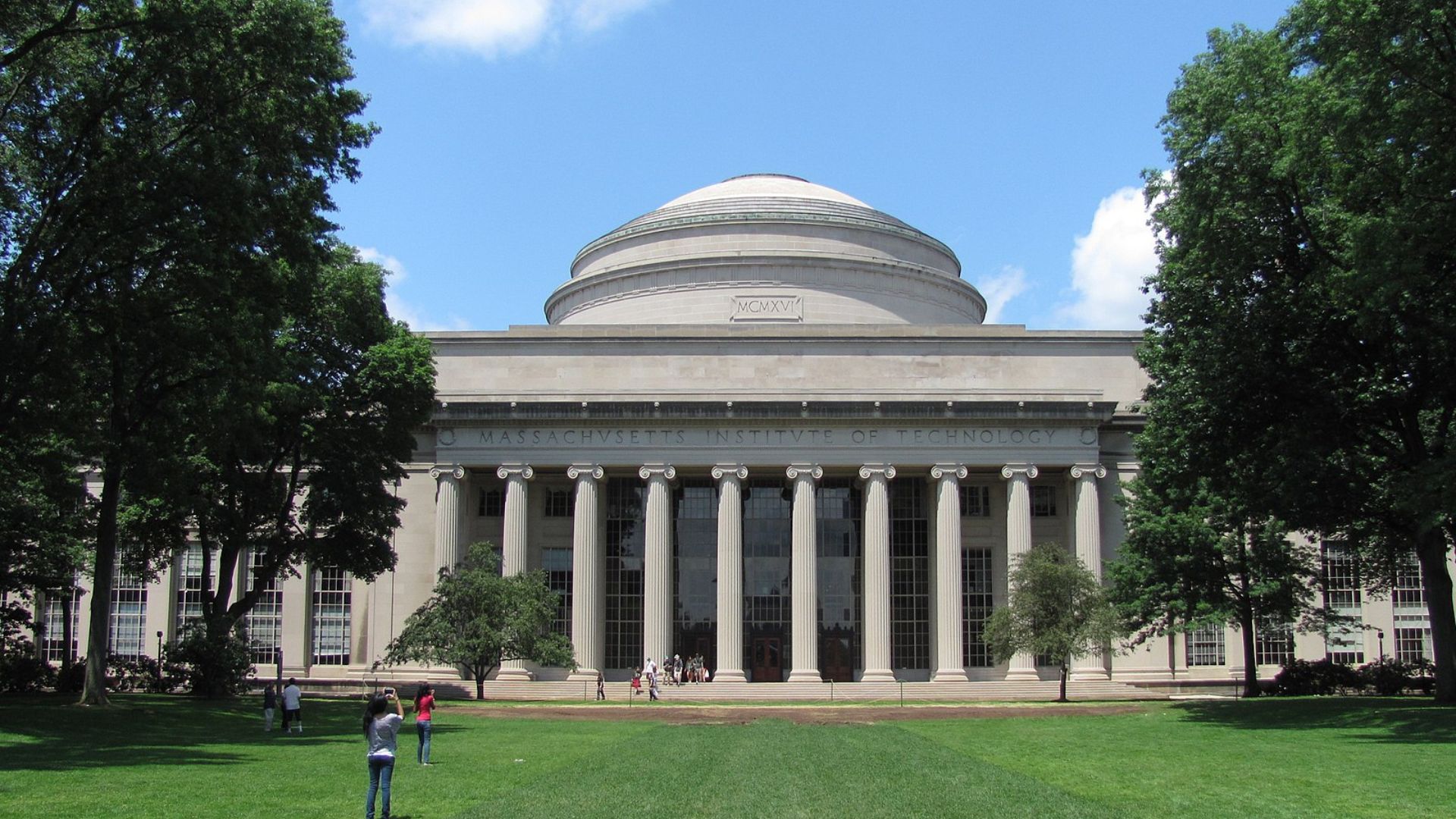
A survey by the Foundation for Individual Rights and Expression revealed a concerning trend: many MIT faculty and students felt hesitant to express their views freely.
This feedback was a crucial factor in reconsidering the DEI requirements.
Nationwide Debate on DEI Statements
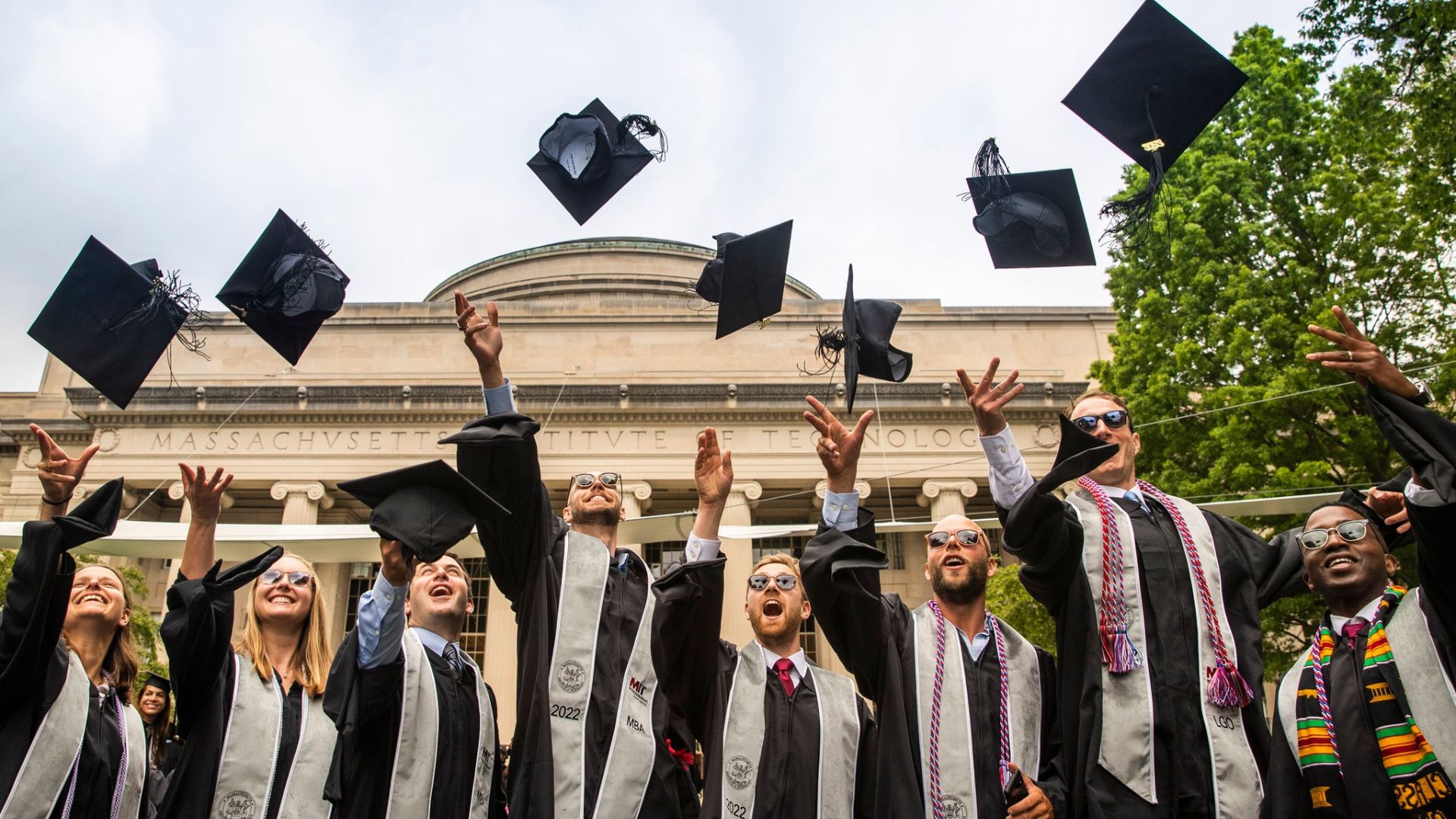
The debate isn’t just at MIT.
Across the U.S., universities have been questioning the effectiveness and implications of mandatory DEI statements in academic hiring, stirring a national conversation on the subject.
Criticism from Free Speech Advocates

Groups like FIRE have criticized DEI statements.
These groups have labeled them as ideological litmus tests that could sideline faculty who diverge from prevailing views on diversity and inclusion.
Echoes from Harvard

The controversy reached Ivy League peers, with a Harvard Law professor calling for an end to mandatory DEI statements.
His concerns highlight a broader unease about the potential for political bias in academic environments.
A Scholar’s Discomfort
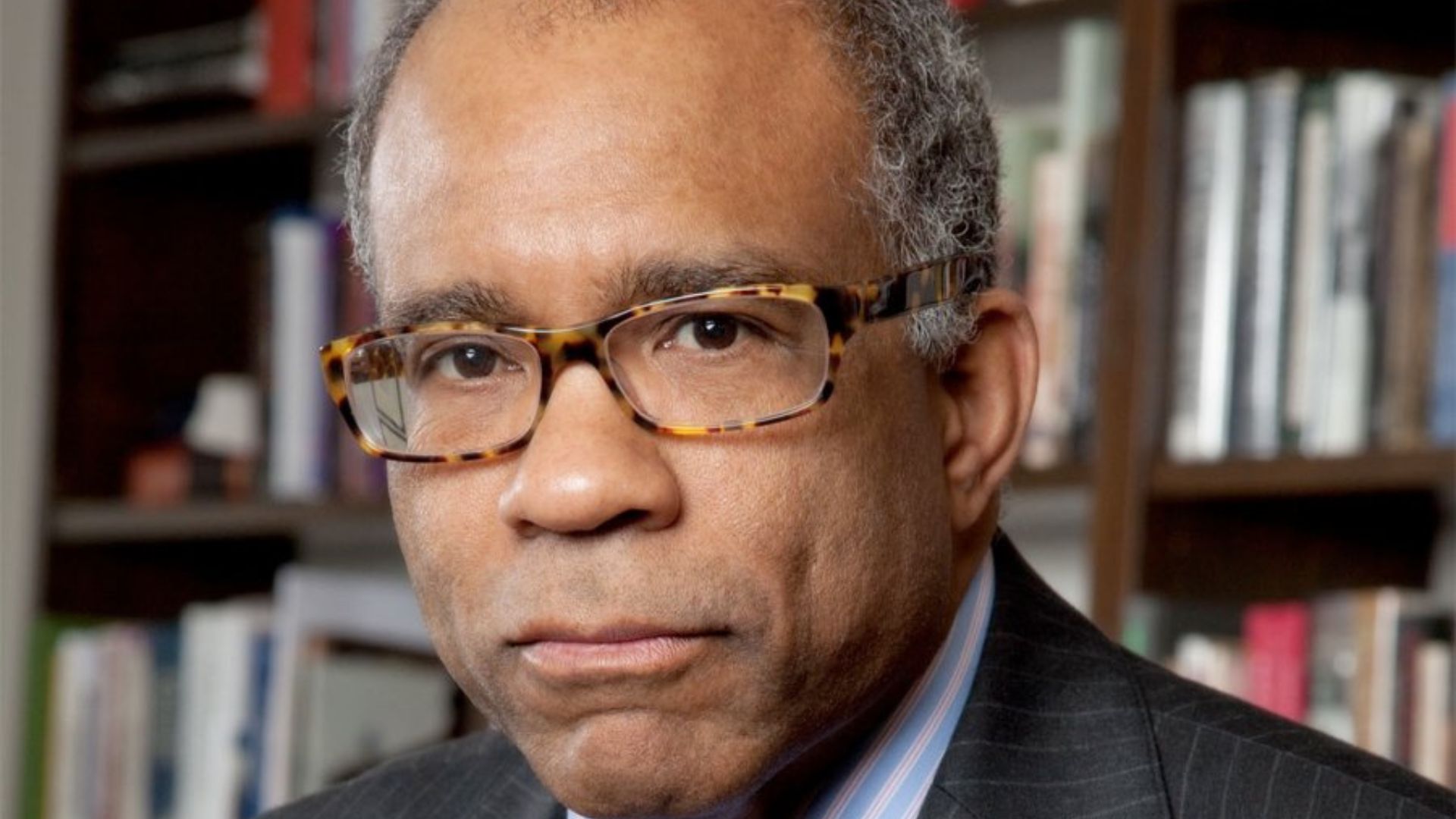
Randall L. Kennedy, a Harvard professor, expressed his discomfort with DEI statements: “The practice of demanding them ought to be abandoned, both at Harvard and beyond.”
His stance reveals the tension even among proponents of social justice.
The Broader Implications
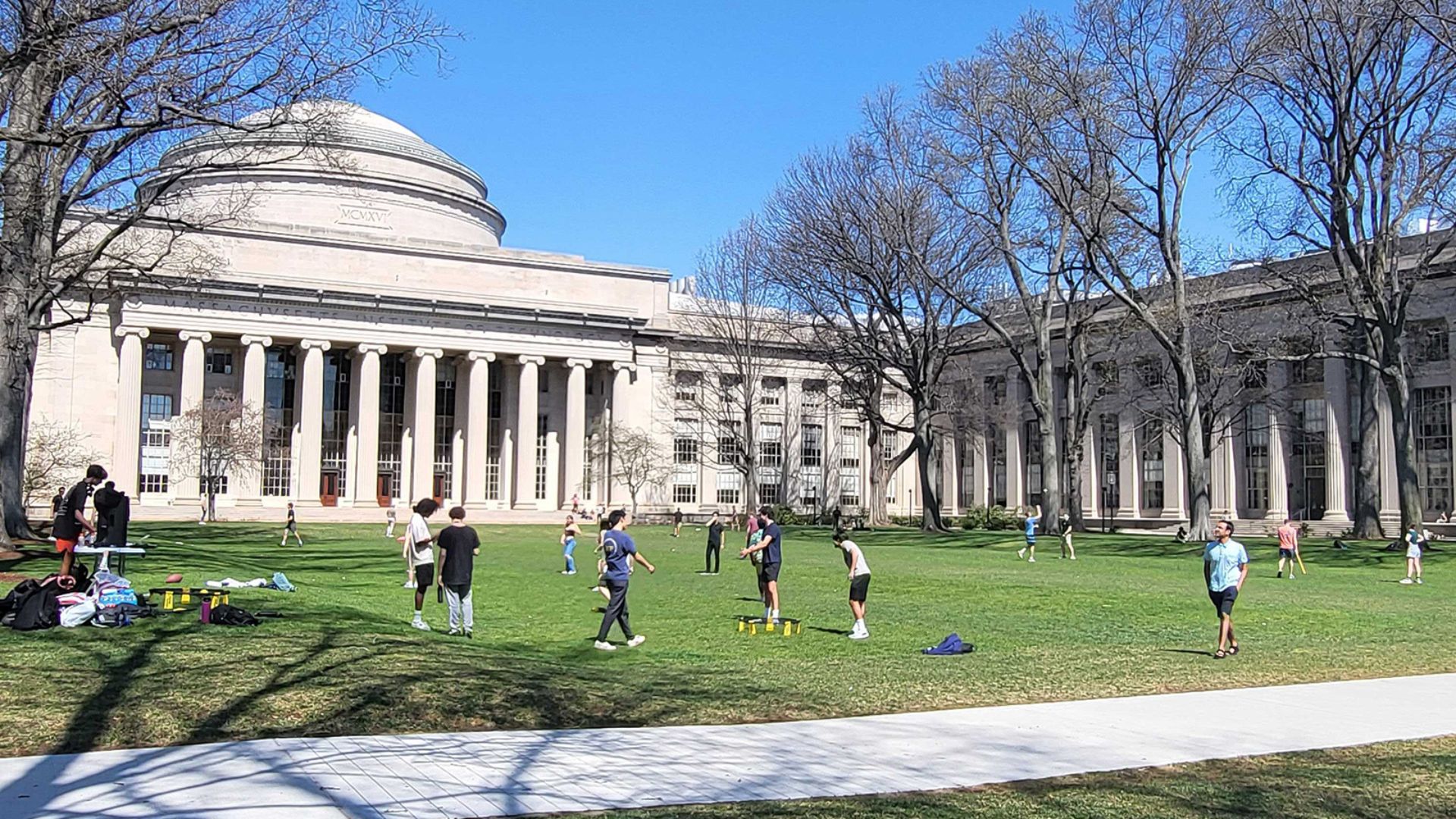
MIT’s recent decision to eliminate DEI requirements could be a watershed moment for academic policies nationwide.
As a respected leader in higher education, MIT’s actions often set trends that many other institutions follow.
Looking Ahead
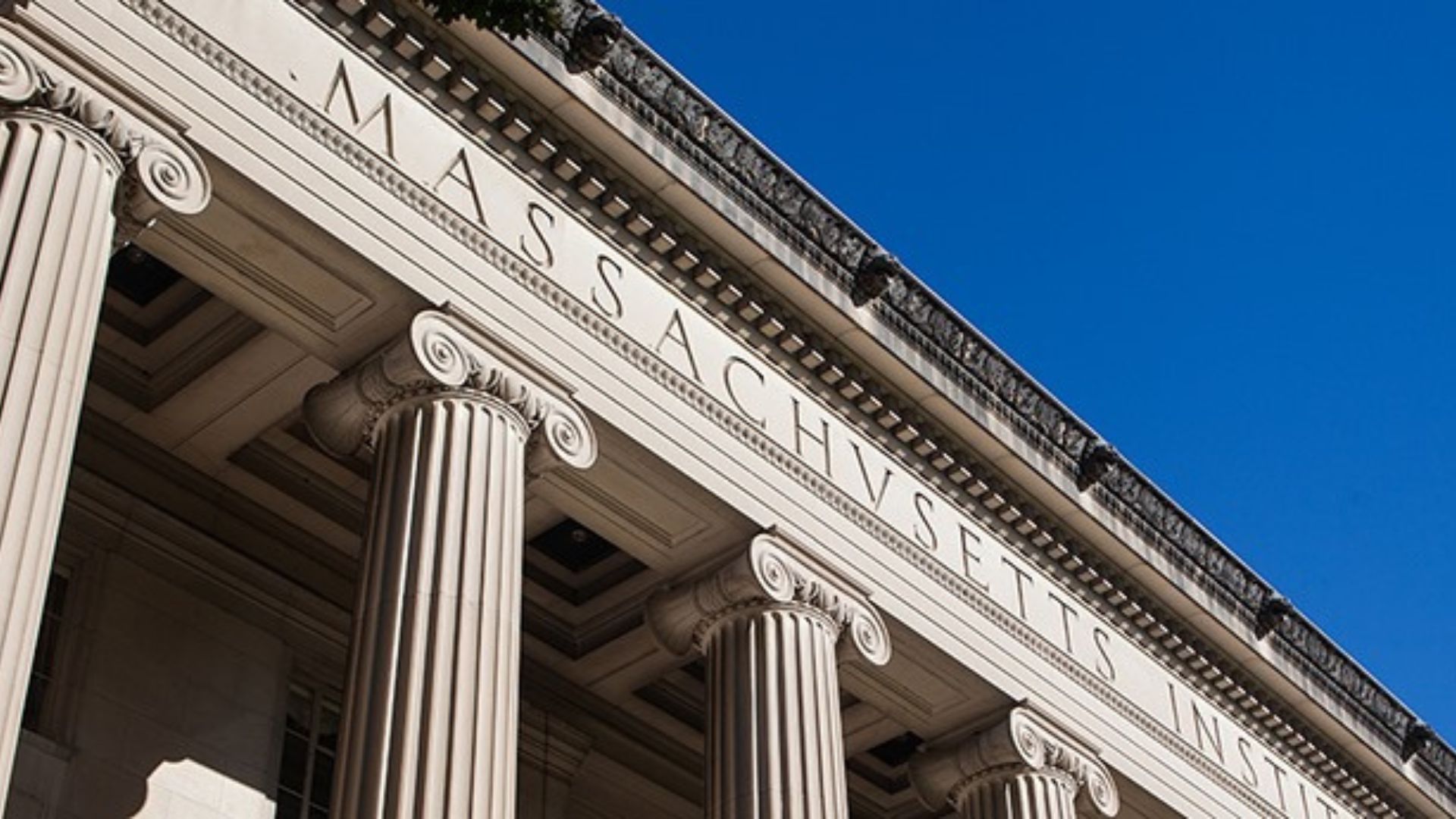
As the first elite institution in the U.S. to make this change, MIT’s move could lead to significant shifts in how universities across the nation approach diversity and inclusion in academia.
Will others follow suit? Only time will tell.
